Tech
Sign up for our newsletter
We summarize the week's scientific breakthroughs every Thursday.
-
 Tech
TechSpaceX rocket sticks its landing
A Falcon 9 rocket section lands after launching a set of satellites during a successful test of SpaceX’s reusable rocket parts.
-
 Tech
TechSpaceX rocket blasts to space and back, sticks the landing
A Falcon 9 rocket section lands after launching a set of satellites during a successful test of SpaceX’s reusable rocket parts.
-
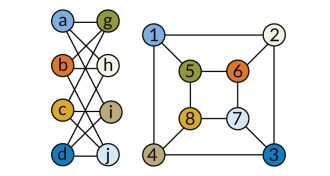 Math
MathYear in review: New algorithm quickly spots identical networks
In what may be a once-in-a-decade advance, a computer scientist claimed to have devised an algorithm that efficiently solves the notorious graph isomorphism problem.
By Andrew Grant -
 Quantum Physics
Quantum PhysicsGoogle’s quantum computer speeds up, but practical use is unclear
Google’s D-Wave quantum computer is getting faster, but it’s still unclear whether it will ever outperform regular computers at completing useful tasks.
By Andrew Grant -
 Life
LifeMicrobes show up on schedule after death
Microbes in the soil beneath dead bodies offer forensic clues for time and place of death.
By Meghan Rosen -
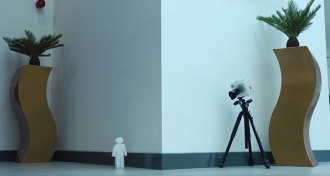 Physics
PhysicsThere’s no hiding from new camera
A new camera tracks objects hidden around a corner by detecting light echoes, similar to the way bats use sound to find prey.
By Andrew Grant -
 Tech
TechRoses rigged with electrical circuits
Bioelectric molecules can form wires and conduct electricity in cut roses, researchers find.
-
 Plants
PlantsRoses rigged with electrical circuitry
Bioelectric molecules can form wires and conduct electricity in cut roses, researchers find.
-
 Climate
ClimateGeoengineering is world’s last hope, new book argues
Geoengineering is humankind’s only viable solution to curb climate change impacts, a journalist contends in The Planet Remade.
-
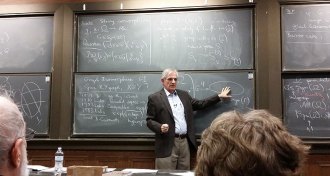 Computing
ComputingNew algorithm cracks graph problem
A new algorithm efficiently solves the graph isomorphism problem, which has puzzled computer scientists for decades.
By Andrew Grant -
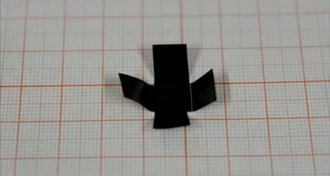 Tech
TechLaser light turns graphene paper into a microbot
Tiny origami-inspired robot uses laser light to walks like an inchworm.
By Meghan Rosen -
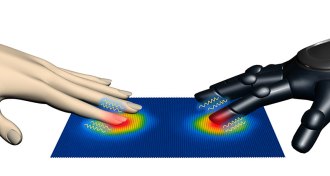 Tech
TechElectronic skin feels the heat, hears the sound
Electronic skin inspired by human fingertips detects texture, pressure, heat and sound.
By Meghan Rosen